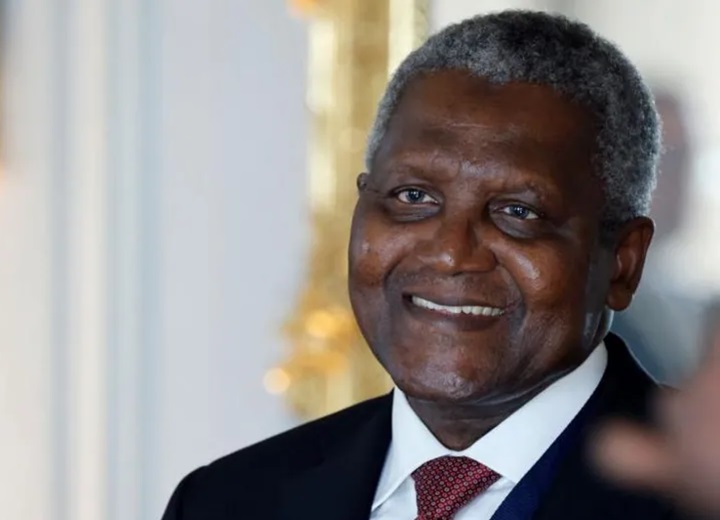The Federal Government has declared that it will not intervene in the ongoing dispute over petrol pump prices between the Nigerian National Petroleum Company Limited (NNPCL) and Dangote Refinery.
According to the government, both parties are free to determine their own market prices for petrol, commonly known as Premium Motor Spirit (PMS).
This position was made clear by President Bola Tinubu’s Special Adviser on Information and Strategy, Bayo Onanuga, during a press briefing at the State House in Abuja on Wednesday.

Onanuga explained that since the deregulation of the petroleum sector, both NNPCL and Dangote Refinery, as key players in oil refining and marketing, are now subject to market forces and can independently set their fuel prices.
“The PMS price regime has been deregulated. Dangote is a private company. NNPCL, you should not forget, is a limited liability company,” Onanuga said, underscoring that the government no longer has control over their pricing decisions.
He further elaborated that the deregulation policy benefits Nigerian consumers by promoting competition.
According to him, a potential “price war” between NNPCL, Dangote, and private marketers could lead to lower fuel prices, which would ultimately favour the public.
“You can see that the private marketers have said they find the NNPC or Dangote price too high for them, and they may resort to importing fuel,” Onanuga added.
“It is the consumers who benefit if a price war starts. If NNPC’s fuel price is too high, other market participants can import and sell at a more competitive rate.”
Onanuga reiterated that the Federal Government has no intention of intervening in the pricing dispute, as both NNPCL and Dangote are responsible for their own operations.
“Dangote is running a private company, and NNPCL is a limited liability company that has the right to fix the price of its own product,” he said.
Currently, the lowest pump price of petrol in Nigeria stands at N895 per litre, while NNPCL and Dangote Refinery continue to disagree over the exact pricing at which the former purchases fuel from the latter.
Despite the ongoing tension, the government has remained firm in its stance that market dynamics will ultimately regulate fuel prices for consumers.
This development follows the Federal Government’s commitment to maintaining a fully deregulated petroleum market, where private enterprises and market forces are expected to drive pricing decisions without government interference.
Support InfoStride News' Credible Journalism: Only credible journalism can guarantee a fair, accountable and transparent society, including democracy and government. It involves a lot of efforts and money. We need your support. Click here to Donate
